
Jails have a much higher percentage of homeless mentally ill than does the general community, and those with psychiatric disorders (eg, schizophrenia) must often fend for themselves. Here are some solutions.

Jails have a much higher percentage of homeless mentally ill than does the general community, and those with psychiatric disorders (eg, schizophrenia) must often fend for themselves. Here are some solutions.

Currently, 1 in 15 youths undergoing psychiatric evaluation in the emergency department is restrained. This article covers diagnostic and therapeutic interventions that can reduce fear and put the young patient on a path to recovery.
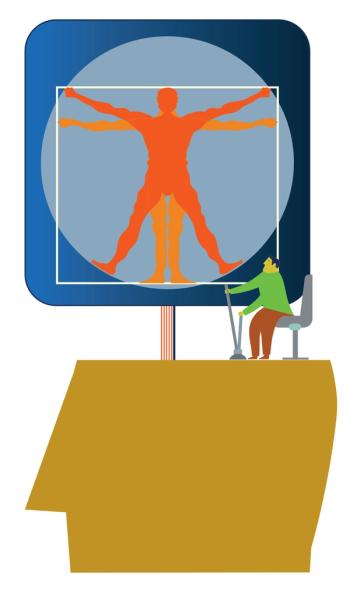
It is important to recognize and document the abilities and deficits of a patient in order to determine capacity.

Acute intoxication is the most likely culprit for an increased risk of violence or agitation, but personality, psychosis, and cognitive problems can all play a role. A skilled clinician can glean a great deal of information in a short period of time.
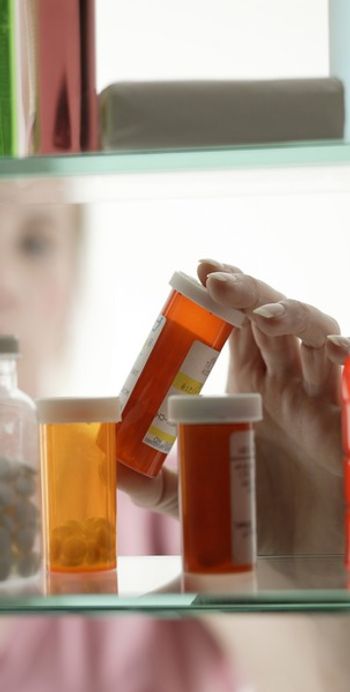
Addiction and mental health treatment has fallen increasingly into the justice system for underserved and indigent patients. How do we bring state-of-the art treatment to this population in desperate need?

Looking out at a flat gray sea, I try to imagine the chasms in the ocean’s floor where lava laced with strontium pours...
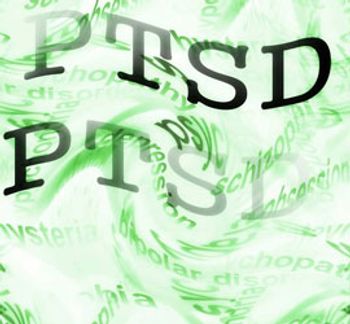
For PTSD in psychiatrists and other mental health care providers to be addressed, a major shift in medical culture and thinking is needed.
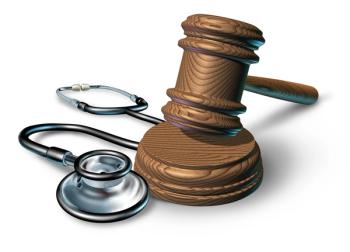
Although college students are in many ways similar to any patient in their age group, their environment and stressors differ in significant ways. The authors identify issues to consider in assessing and managing suicidality in this population.
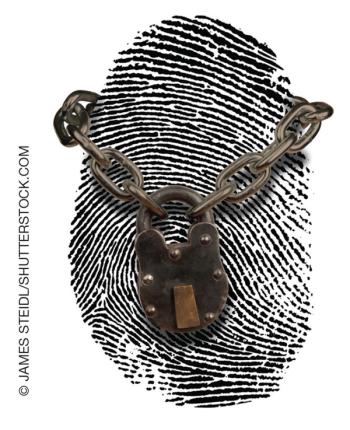
Protecting patient information is an essential part of maintaining patient trust.
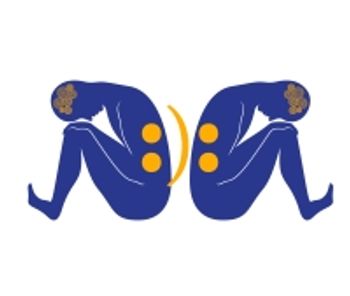
A poem written by a psychiatrist: "A faith in human kindness lost, abandonment with lasting cost."

To honor him beyond his professional skills, let us learn some important medical lessons from the life and death of Robin Williams.
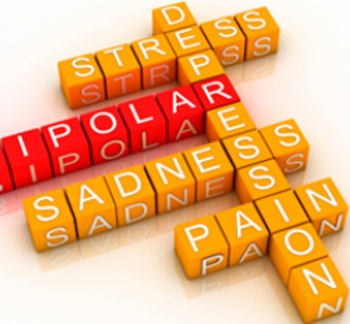
This article reviews DSM-5 changes to symptom criteria for bipolar disorder. The primary focus is on the diagnosis and treatment of mania and hypomania.

Results from a major study provide evidence that coordinated specialty care can improve outcomes for first episode psychosis. Dr Insel writes about the RAISE project and other recent studies of coordinated care.

A report on Medicaid and Medicare fraud, excessive waste, and frivolous expenditures-all at the expense of those who suffer from psychiatric illness.

What is behind the glaring lack of controls over prescription drug costs, even for everyday medications?

The Medici effect is upon us in biomedicine, and it’s called convergence science.

A little bit of narcissism can make a leader. “Too much” can be a problem. On the nature of leadership from a psychological perspective.
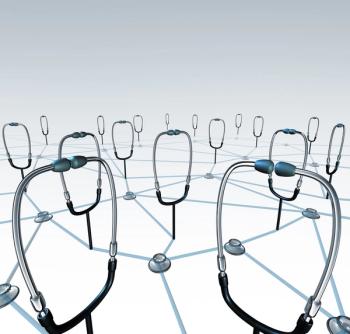
The abuse of alcohol by patients with schizophrenia is a remarkably common phenomenon. Here: findings from a 6-month randomized trial of long-acting injectable versus oral risperidone in patients with schizophrenia and comorbid alcohol use disorder.

Intended for short-term use, this treatment is associated with specific diagnostic and symptom characteristics, with anhedonia being a stand-out.

Researchers looked into the efficacy and value of TMS for treatment-resistant depression.
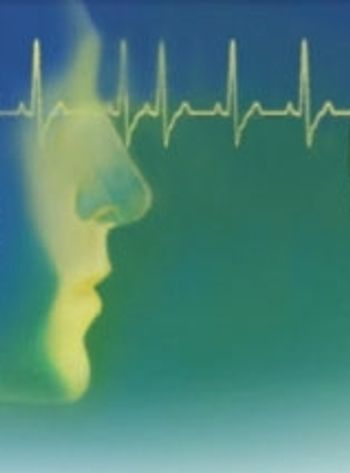
There is an impressive array of presentations and speakers at an upcoming meeting, the only one in the country to address behavioral emergencies in the acute care setting.

If serotonin was once American psychiatry’s “high school crush,” the field now appears wedded to a more mature model of biological and psychosocial understanding.

There has probably never been a worse place and worse time to have a severe mental illness than now in the United States. How did we get into this mess?
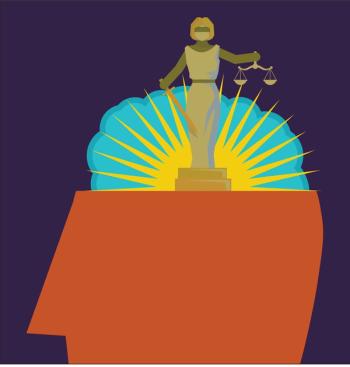
With a consistent and evolving presence in the US, forensic psychiatry has grown increasingly complex, with many specialty areas under its subspecialty umbrella.

Psychiatrists should not be afraid to assess parenting issues and other stressors when treating depressed or psychotic parents of young children.

About 25% of children in the US live with only one parent; the fallout from contentious divorces often leaves them susceptible to any number of damaging scenarios.

This article reviews a wide array of medicolegal, risk management, regulatory, and forensic mental health issues in the older population, which is growing at an accelerated rate.
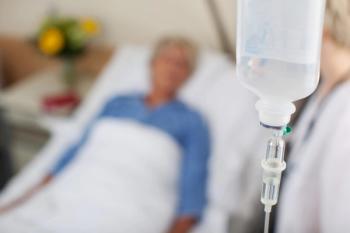
Reporting of symptoms that are beyond available medical evidence is a central feature of malingering and related conditions, making the clinical differentiation of these disorders a challenge.

This article focuses primarily on the issues facing a psychiatrist who has been retained as an expert witness in a will or trust contest involving claims of a lack of capacity.

Deficits in emotion recognition among at-risk patients may predict eventual transition to schizophrenia.